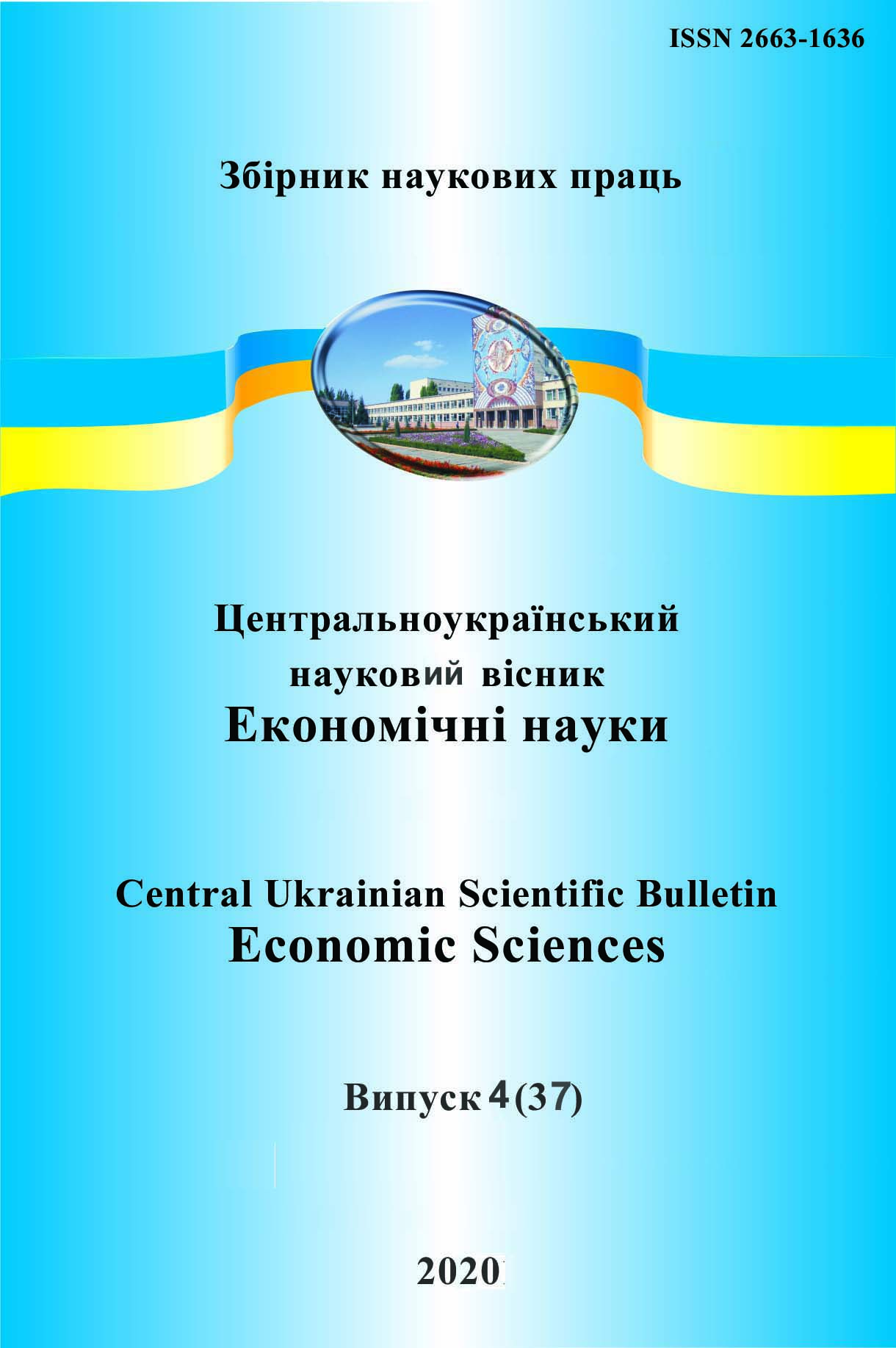Організаційні засади побудови бухгалтерського обліку запасів в процесі інноваційної діяльності: нормативно-правовий аспект
Organizational Principles of Building Inventory Accounting in the Process of Innovation: Regulatory and Legal Aspect
Author(s): Olha RoievaSubject(s): Economy, Business Economy / Management, Micro-Economics, Accounting - Business Administration
Published by: Центральноукраїнський національний технічний університет
Keywords: inventories; innovation; assets; accounting; regulations; government regulation; inventory valuation; cost of inventories; financial statements;
Summary/Abstract: The article is devoted to the study of organizational principles of inventory accounting in the process of innovation, based on the analysis and harmonization of current provisions of the main regulations that regulate inventory accounting and determine the procedure for innovation. Based on the systematization of legislative and normative legal acts, which takes into account the legal force of these normative legal acts and takes into account the powers of the state body that issued the relevant normative legal acts, a hierarchical model of normative legal regulation of accounting of inventories in the process of innovation was developed. This model is based on the regulation of inventory accounting by the state and determines the order of organization and maintenance of inventory accounting directly at the enterpriseIt is substantiated that the system of state regulation of inventory accounting in the process of innovation includes three levels. The first level includes regulations of higher legal force, which determine the general principles of organization of inventory accounting, its tasks, basic concepts, regulate innovation, regulate the organization and maintenance of inventory accounting in the process of innovation. The second level includes regulations that define the general principles, methodological principles of formation of accounting information on inventories and establish rules and methods of inventory accounting, reflection of inventory transactions in accounting accounts, the procedure for disclosure of information on inventories in financial statements. The third level includes regulations that set out recommendations and clarifications on certain issues of accounting for inventory transactions and control over their availability and preservation, taking into account the specifics of innovation.The content of the main normative documents that regulate the accounting of stocks and determine the basis for innovation at the appropriate levels of state regulation is analyzed. The methodological bases of formation in accounting of the information on stocks and the order of disclosure of the information on stocks in the financial reporting on the basis of national and international regulations are investigated. The study identified some inconsistencies between national and international legislation regarding the organization of accounting of inventories. Such inconsistencies relate to the scope of regulations, the procedure for recognizing inventories as assets, the composition (classification) of inventories, groups of assets not covered by the standard, approaches to valuing inventories upon receipt, disclosure in financial statements. It is substantiated that elimination of the revealed contradictions of the national and international legislation will promote perfection of system of the state regulation of accounting of stocks and will increase efficiency of management of stocks and efficiency of use of stocks in the course of innovative activity of the enterprises.
Journal: Центральноукраїнський науковий вісник. Економічні науки
- Issue Year: 2020
- Issue No: 4 (37)
- Page Range: 274-290
- Page Count: 17
- Language: Ukrainian

